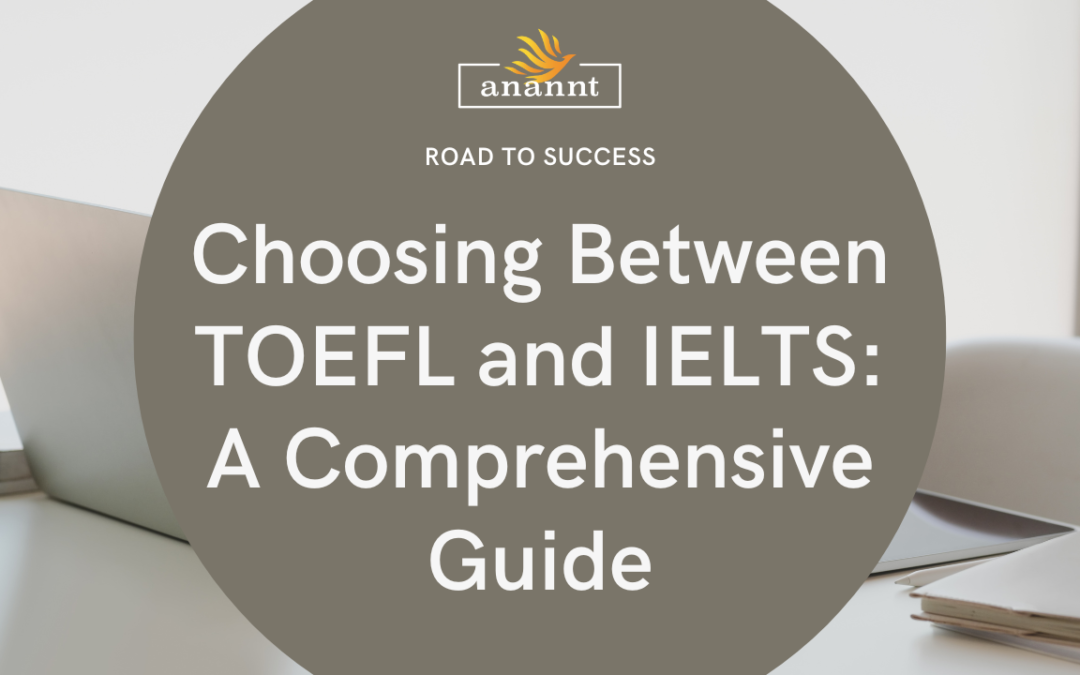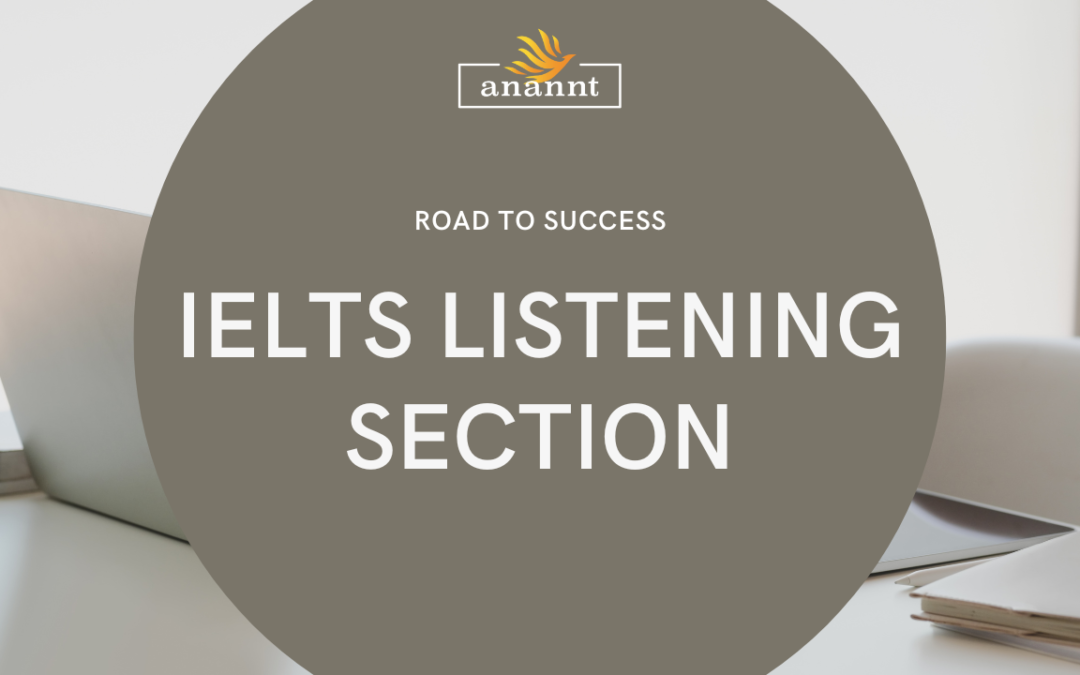
Choosing Between TOEFL and IELTS: A Comprehensive Guide
Globally recognized tests, TOEFL and IELTS: A Comprehensive Guide, offer a window into your English language proficiency. Your personal strengths and how you prefer to be assessed can significantly influence which test suits you better. For more information you can visit our Anannt website for TOEFL and IELTS.
Understanding the Tests
Who Conducts TOEFL and IELTS?
- IELTS: The British Council, IDP Education, and Cambridge Assessment English collaboratively offer this test.
- TOEFL: The Educational Testing Service (ETS) takes charge of administering this test.
Frequency and Format Insights
Both the TOEFL and IELTS run several times throughout the year. The IELTS is available up to 48 times, and the TOEFL, over 50 times annually. The IELTS allows you to schedule the Speaking section separately, while the TOEFL mandates completing all four sections in one go.
Diving into Section-Wise Details
Listening, Speaking, Reading, and Writing form the core sections of both tests. However, their execution differs. For example, you’ll engage in a face-to-face interview for the IELTS Speaking section, but you’ll complete the TOEFL’s Speaking section online.
Choosing the Right Test for You
Medium and Scoring Explained
- IELTS: You can take it on paper or online, with scores ranging from 0 to 9.
- TOEFL: It’s primarily online, offering total scores out of 120.
Test Duration and Pricing Comparison
While the IELTS lasts about 2 hours and 55 minutes, the TOEFL ranges from 2 hours 47 minutes to 3 hours 23 minutes. Their pricing reflects their unique formats and administration.
Global Acceptance and Validity
Both tests enjoy international acceptance and remain valid for two years. The IELTS finds wider acceptance in the UK, Australia, New Zealand, and Singapore, while the TOEFL is the preferred choice in the United States.
Making Your Decision
Your choice should hinge on your personal preferences and strengths. If in-person interviews intimidate you, or if you dislike distractions during the Speaking section, one test might fit you better than the other.
Wrapping Up
Choosing between TOEFL and IELTS: A Comprehensive Guide is about identifying the best fit for your needs. Always confirm your chosen test’s acceptance at the institutions you’re applying to. Rest assured, both are widely recognized.
For more information or assistance, don’t hesitate to contact us at +971 58 585 3551 or visit our website at www.anannt.ae.
For more information, you can also visit the College Board website of IELTS and TOEFL.


Recent Comments